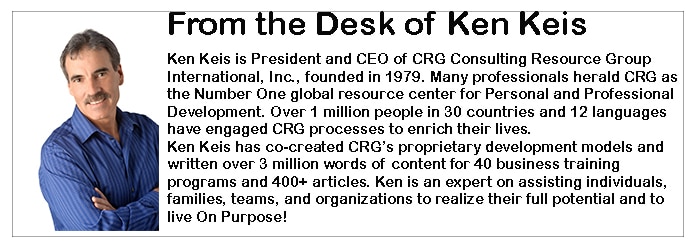What Is Your Solution For Your Customer

It is all about selling and your customers. And as I mentioned previously in the other episode we’re going to start at the very basics of looking at who is your customer. Before we even talk about selling because if you haven’t defined who your customer is then you won’t be able to find them in order to sell to them.
Because not everyone is your customer.
Not everyone wants your gadget.
No everyone wants your information
Not everyone wants your newest Plumbing apparatus.
So you have to decide. what are you selling.
That’s the first step.
What is the outcome that your customers will get from buying your solution?
Is it something they desire?
Is it the newest golf club?
Is it something that is a solution to their problem?
What is your solution?
So first of all, you should really actually define what your outcome is as a result of using your product or service.
If someone was to actually use your product or service, what is their outcome and how will it improve their life?
What is the end results?
Will they have more money at the end of using your solution or are you just solving one little problem in their life?Maybe it’s time to define that little problem as to how small it is and decide if you can help by adding a few more other solutions to get it into a bigger solution and bigger results.
So first off, you’ve got to decide what you’re going to be selling as a solution.
What is that solution and what is the end results of that solution?
Next question.
Who would want that solution?
So you’d be surprised who wants your solution. At one point, I thought the coaches would want my solution for someone who is thinking of starting a home business in general. But actually I’ve found that for one of my products, I could actually have real estate agents who would be more interested in my solution. So that’s from doing the research and finding out that there aren’t that demand and the audience.
For example, I’ve found out on Facebook that the majority of people there in my audience are from 45 to 65. There are a lot of people out there at 45 to 65 who are starting another business in their life because they want to have the freedom and control of their own life in terms of having a business, so that was a big surprise. I thought it was just teenagers and young people who are on Facebook.
But then I’m not usually on Facebook.
So, what I’m trying to say is first you got to figure out what your solution is and what is the end result for that solution.
What is the outcome for anyone who might happen to use that solution?
And then go and do research on your social media in trade publications in your industry go out and talk to people in your industry about what kind of problems they have and see if they actually NEED YOUR solution. They may not need it because they already have a quicker way to solve what they want so that you’re going to have to find a way to have a solution that is a different, unique way of solving that problem.
So really before you can even start selling or even defining who your customers are, you have to decide what your solution is and what is the end result.
What is the process that you go through to use your solution and get a better outcome?
They always want to buy something for a better outcome, quicker outcome or a more fun outcome of all kinds of outcomes that are positive.
So before you can start even defining your customers, which we will do next time, are you even selling to the right customers. You have to know what your solution is that you have that your product or service solves in terms of what the problems might be or what do they desire.
So, start with the basics and decide what it is that is the outcome for your product or service. And then go and research with a few examples on customers and what they need and who they are and finding out who they are.
Now I’ll tell you bluntly, with our structural engineering firm, we didn’t have to do any of this research because basically people when you want to build and renovate a house and they need an engineer then we are the solution. Obviously, the only thing that is really required in terms of our solution is how we could be quicker; how we can be more responsive; on how we can be on call; for your client and get a good reputation. So we didn’t have to do too much research on what the market was because we have a pretty large market. So the competition was not too fierce in our area.
So just so you know I’m talking right now about online.
But of course we’ll also define offline research but before we can do any of that out, figure out what your solution is whether it’s a product or service that you want to sell.
What is it solving?
What is the end result for your client?
why would they want to buy it?
So have a look at that this week and see what you think about your solution for your business. Maybe look at what you’re going to be doing and see what is the end result of your solution.
That’s a very important task.
And then the next phase, very important, is defining your customer and who they are and where they are. So we’ll do that next week.






